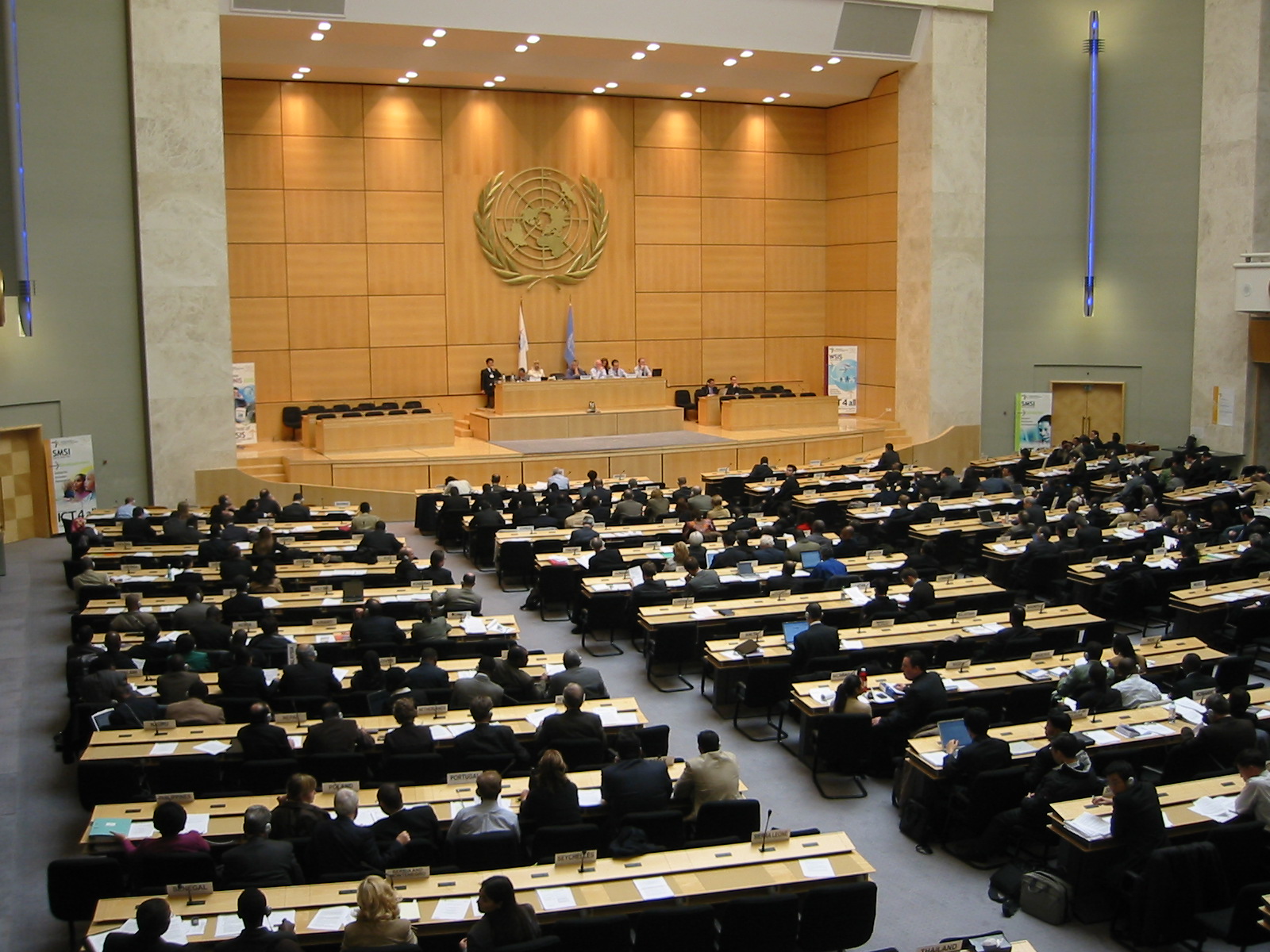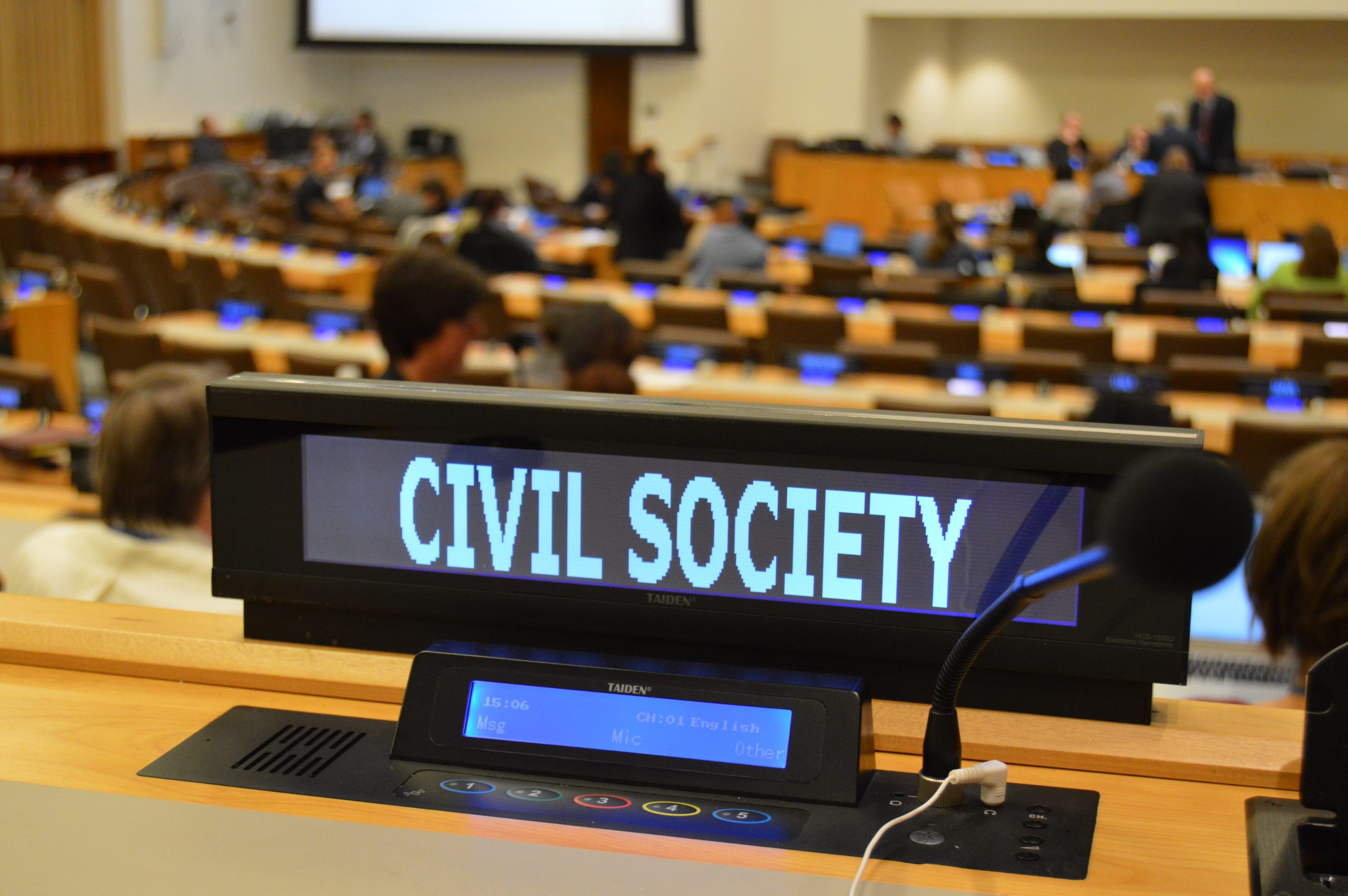The second 2019 session of the ECOSOC NGO Committee, the body mandated to consider NGO applications for consultative status, has just ended. Good outcomes for a small number of human rights organisations didn’t take away from the fact that a significant number of long-term deferred NGOs received yet more questions from Committee members.
The practice of perpetual questioning of some human rights organisations – a means by which an application is generally deferred to the next session of the Committee – has been denounced multiple times by States, UN officials and experts.
The Assistant Secretary – General and senior UN official on reprisals, Andrew Gilmour, has highlighted concern about the practice of the Committee and made specific reference to the ‘de facto rejection’ of case of the application of the International Dalit Solidarity Network (IDSN) by the Committee.
IDSN is an NGO working for Dalit human rights and to raise awareness of Dalit issues nationally and internationally. The Network first submitted their application in 2007 and since then have received 92 questions, all from Committee member India. IDSN has diligently responded to all questions, in some cases multiple times. One of the questions asked at the most recent session is almost an exact copy of a question asked of IDSN, and responded to, in 2008 and 2010.
Committee practice dictates that questions posed by a Committee member go in name of the whole Committee.
‘When Committee practice is tantamount to a reprisal being committed against an NGO, individual members must stand up and challenge what is happening,’ said Openshaw.
Some attempts were made at the most recent session to challenge repeated questions or ask whether continued questioning was reasonable.
‘Greece and Mexico spoke up about the unreasonable and time-consuming practice in a couple of cases and those interventions were very welcome,’ said Openshaw. ‘However, questions were still put forward to those NGOs.’
‘Given that this case is over 12 years old, there is no justification for consideration of this application to extend beyond the next NGO Committee session,’ she added.
There are several options:
1/ The Committee could invite the organization to New York for an extended Q&A where any outstanding questions India or any other Committee member may have could be addressed once and for all, and the NGO finally recommended for accreditation.
2/ If another deferral is imminent, individual Committee members should refuse to allow further questions to be asked of this NGO in their name.
3/ If no other action is successful, a member of the Committee, or group of members, should call a vote on this case. Denmark – the State where IDSN is registered – needs to work for that outcome. If Denmark continues to fail to prompt any action, a Committee member or group of Committee members must call for a vote on this case.
‘This situation is no longer simply about one State blocking an NGO for political reasons – however egregious that is – but about all other Committee members being complicit in that action,’ said Openshaw, ‘States must call a halt to this practice and refuse to participate in reprisals against NGOs.’




